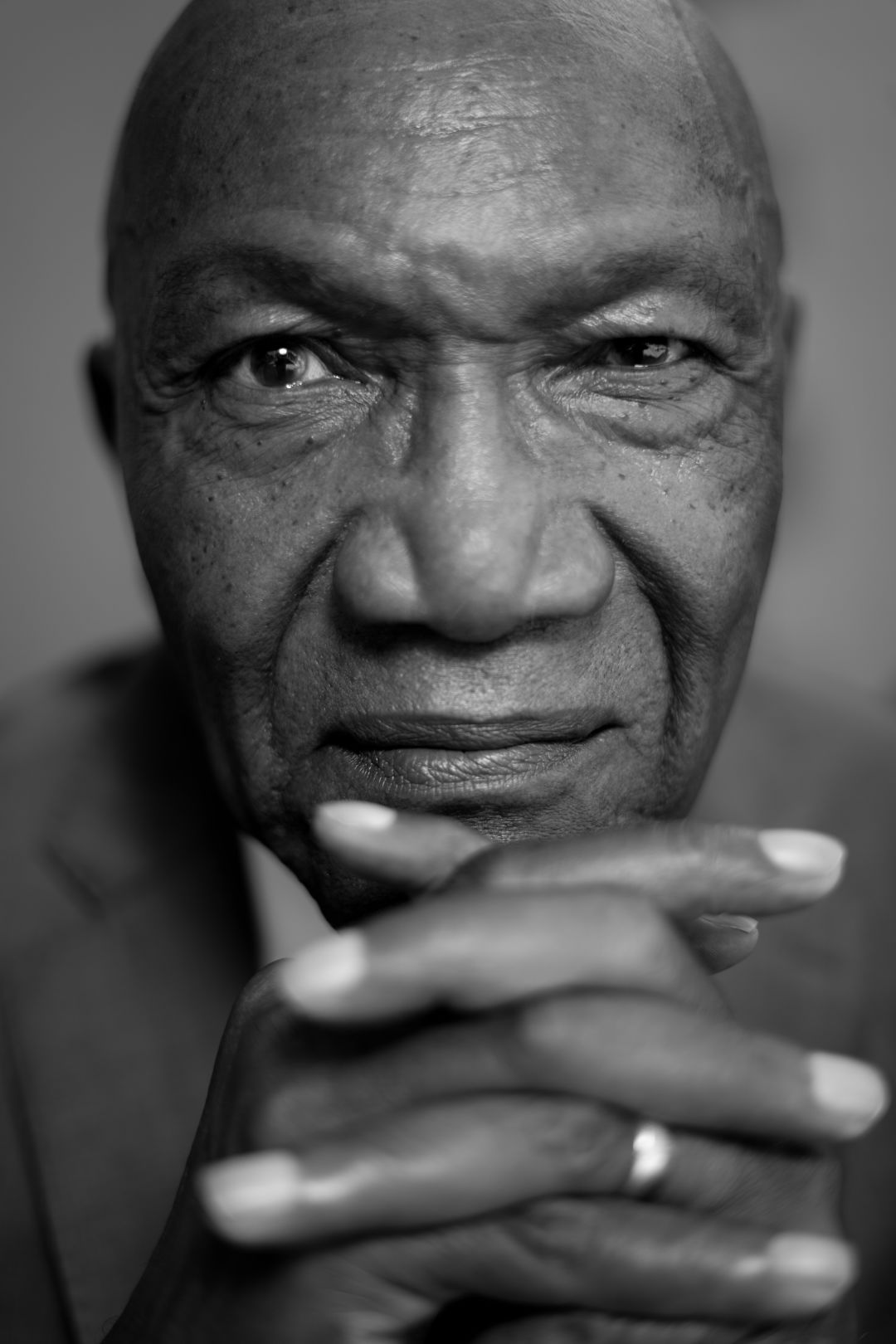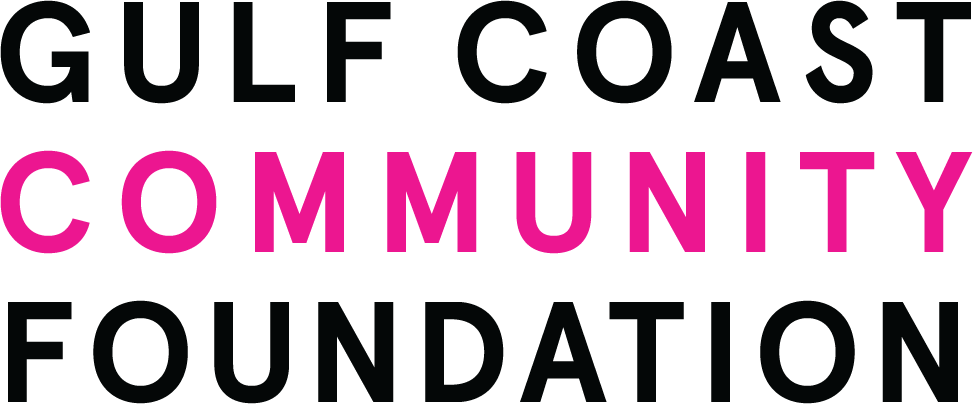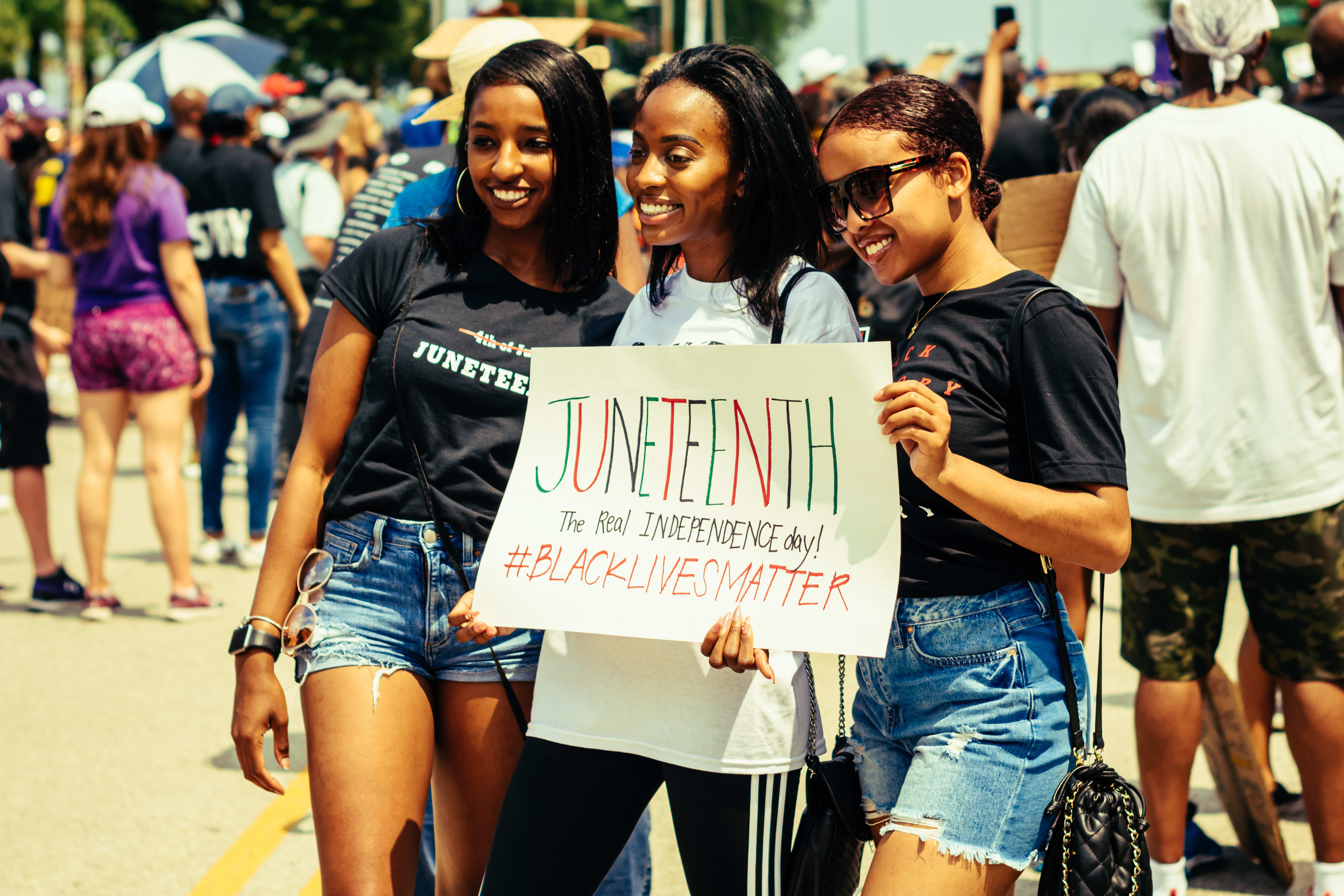Civil Rights Leader Dr. Willie Clemons on Activism and Forgiveness
This article is part of the series In Their Own Words, proudly presented by Gulf Coast Community Foundation.

Dr. Willie Clemons
Image: Michael Kinsey
Locally, nationally and globally, there are many stories being written about the Black community right now. At Sarasota Magazine, we are proud of starting conversations—and we want to start conversations that focus on Black lives. Here's our inaugural interview with Dr. Willie Clemons.
Clemons was born in Mobile, Alabama and went to college in Montgomery. Here, he was a front-row witness to the civil rights era, from the bus boycotts to the integration of the University of Alabama. All of these experiences informed his dedication to higher education and improving the communities in which he has resided.
Clemons cultivated a distinguished career that spanned more than 40 years as a college professor at Tuskegee University and the College of DuPage, a college administrator at Atlanta Metropolitan College and executive director of External Affairs and Development at Morehouse School of Medicine.
Clemons has collaborated with a host of distinguished leaders, many of who became lifelong friends, including Coretta Scott King, Maya Angelou, Amb. Andrew Young, Hank Aaron and Alexis Herman. All of these remarkable people, Clemons says, gave him "strength and inspiration to make a difference." Now retired in Sarasota, he is committed to continuing that good work here. “It is a purposeful, spiritual journey for me to improve the quality of life for those in my community,” he says.
Here, he reflects on that journey.
What’s happening in the local Black community that you would like to shine a light on?
"When I reflect on what’s happening in the country, the light should shine on the Millennials. Young African-Americans partnering with the white community; a coming together to provide the leadership to address what is a national crisis. It sends a message that the Black community is not in this struggle alone in facing the issues of race relations and equality.
"Locally, the light should shine on programs that serve as solutions to the problems in our community. Like Visible Men Academy, which provides education, training and nurturing for at-risk boys in Manatee and Sarasota counties. We can talk about how to prevent the list of disparities that people of color face, but this is a team that is working to address issues and prepare the next wave of leaders in this city.
"Let us seek out and support more programs such as these. Shine a light on those, and become a part of that."
What are you witnessing that feels different? Is this a moment or a movement?
"Oh, it’s a movement that dovetails on question one. It is a movement that has moved internationally. One where people are saying, 'We are sick and tired of being sick and tired.' There’s so much that is happening here: sensitivity to the inequity that exists, and a movement to address that. I see this movement as one that is addressing a disease. Just as we are busy seeking a cure for COVID-19, we need to find a cure for the disease of inequities. This moment is to be treated in the same frame of work because it is destroying our country and the world. Attention must be given. I am supporting that.
"This time feels different, especially from the civil rights movements I was involved with. All races are engaged, and I am encouraged by that. I am glad to have witnessed all."
What would you want your white friend/neighbor/colleague/community to be doing right now?
"Listen. Identify and take ownership of the problem. I say this as I’m getting quite a number of calls to be a part of the conversation. It’s an uncomfortable conversation; one must really listen then contemplate strategies to address these particular issues.
"Additionally, it is important to understand the history of how all of this was framed. This country was not built for African-Americans. We came as slaves to work the fields, and [at one time] the Constitution stated we were 3/5 of a person. The American design did not include us as partners with an equal share. As a result of that, we are experiencing disparities.
"I ask my white friends and community to be aware that these are the things you can change. We have talked long enough, and this is what is happening. This movement isn’t going away any time soon, so ask yourself, 'What can I do? What can I do to address the disparities that exist here in this county and between whites and Blacks?' If you are willing to bring us to the table, then let’s talk and find out why. Why are we looting? Why are we burning things? Why did the Ku Klux Klan march and burn buildings and destroy lives and hang us? How can we really own up to this? These things have happened, and I am sitting at the table, in the uncomfortable conversations, so they do not happen again.
"It is important for me to say that we are not looking for revenge. We are looking for equality and justice. That’s the message for us."
“We are not looking for revenge” is a powerful statement. This is a difficult concept for many to get their minds around, considering the 400 years of subjugation Black people have had to endure in this country. Can you elaborate?
"[Black culture is] a caring, giving and spiritually based culture. Think of Martin Luther King, Ambassador Andrew Young, and those who risked their lives in a non-violent movement. That is because of who we are: we are beaten without retaliation and we forgive. Think of Dylann Roof, the white supremacist and mass murderer at the Emanuel African Methodist Episcopal Church in Charleston, South Carolina. He was welcomed and made a part of the church before he took African-American lives. One would immediately think that we would want him to be tarred and feathered—but even in that case, you witnessed an act of forgiveness by the family members.
"It is difficult for some to believe, but revenge is just not who we are. No matter the conditions we were treated and lived under, we still forgive. We have welcomed other races into our community, even though that is not the way we are treated. We know our neighborhood, we share food, we know the kids and they become ours, but we also respect privacy. We don’t get that when we are in the minority. But it is who we are as a people."
What are you advising your children or the youth in the community?
"Stand tall, hold your heads up high, continue to give, work hard, fight the cause and be prepared for the road ahead. We will give them hope when there’s none. When the youth are asked what they want to be when they grow up, in many instances, they are saying, 'I want to live.' So many things are preventing them from doing that. We all live in fear. Even though I live in a safe community, I don’t know whether I will come home. So, you can imagine how these kids feel. They are told by family that if they are pulled over by the police to put their hands on the wheel, don’t go in their pockets, respond with ‘yes, sir.' That’s fearful.
"However, don’t let that be a deterrent for you to move forward. You will have challenges. We all have them. Yours will be additionally different because of the color of your skin. As a community, we have to wrap our arms around [our youth].
"Please get engaged so you can see what the youth is going through today.
How is your heart?
"My heart is heavy. It’s just an unimaginable feeling. This has sparked a replay of the past. I am reflecting on the things that I put away—things I dealt with growing up Black in this country. All of this has resurfaced. We thought there was a resolution to these issues, so it is a heavy feeling of disappointment and frustration, but with forgiveness. We know we are supposed to love our neighbors and enemies, but I am in pain for the social injustices that exist."
What are you reading or listening to right now?
"The Bible. As well as those with uplifting messages such as Joel Osteen, David Jeremiah, Amb. Andrew Young, Tony Dungy and Charles Stanley. Their words give me the strength to endure."
Listening to Black Voices is a series created by Heather Dunhill




